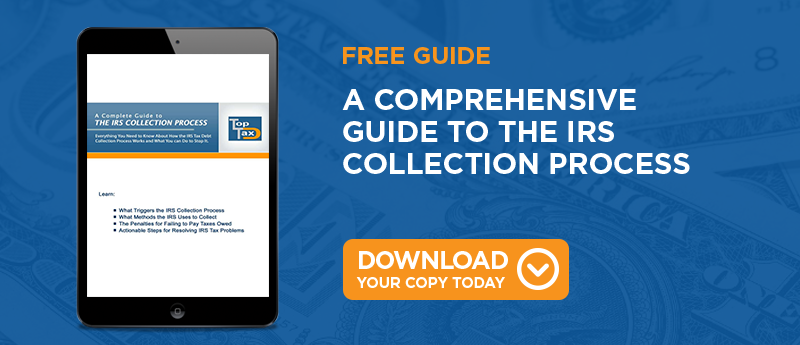
Are you looking to make a few dollars over summer vacation? If so, you may not be thinking about the tax implications of your extra earnings but you may have to deal with a few tax issues particularly if you make more than a certain amount over the summer. Here are a few tax tips for summer jobs that you'll need to be aware of before you get hired.
1. Complete Form W-4.
No matter the type of job you're signing up for you'll probably need to fill out an IRS Form W-4. On this form you'll need to enter your full name, mailing address and Social Security number. You'll also have to fill in your total number of withholding exemptions for the tax year. Typically, you'll only count one exemption for yourself. This exemption refers to the number of dependents you're responsible for. If your parents claim you as a dependent on their tax return it may be best for you to claim no exemptions at all so that you don't have to pay in additional tax when you file.
2. Keep track of your cash income.
Many employers who hire for summer work tend to pay in cash. While getting cash is an easy way to get paid you'll also have to keep up with the total amount you receive to make sure that you report the total on your tax return. A particular case may involve babysitting. If a family pays you to babysit their child so that they can work they may claim the Child and Dependent Care Credit and claim their expenses paid to you as a deduction. In this case, the IRS will be notified of the total you earned and will be expecting you to report the same amount as income.
3. Watch out for self-employment regulations.
Depending on your profession, the IRS may consider you to be self-employed even if you technically work for an employer. If you sign an agreement that states that you are an independent contractor, then you'll be considered as self-employed for tax purposes. This means that you may be subject to higher taxes than a normal employee.
4. Prepare yourself for employment taxes.
On the other hand, if you're an employee you can expect to have several taxes withheld from regular pay. Along with federal and state income taxes you'll also pay Social Security and Medicare tax, as well as FUTA and SUTA taxes which refer to federal and state unemployment taxes. Look for these deductions on your first paycheck.
Getting a summer job is a great way to earn a little extra money during your vacation. With these tax tips for summer jobs you'll be prepared for the additional tax concerns that may go along with your temporary employment.




